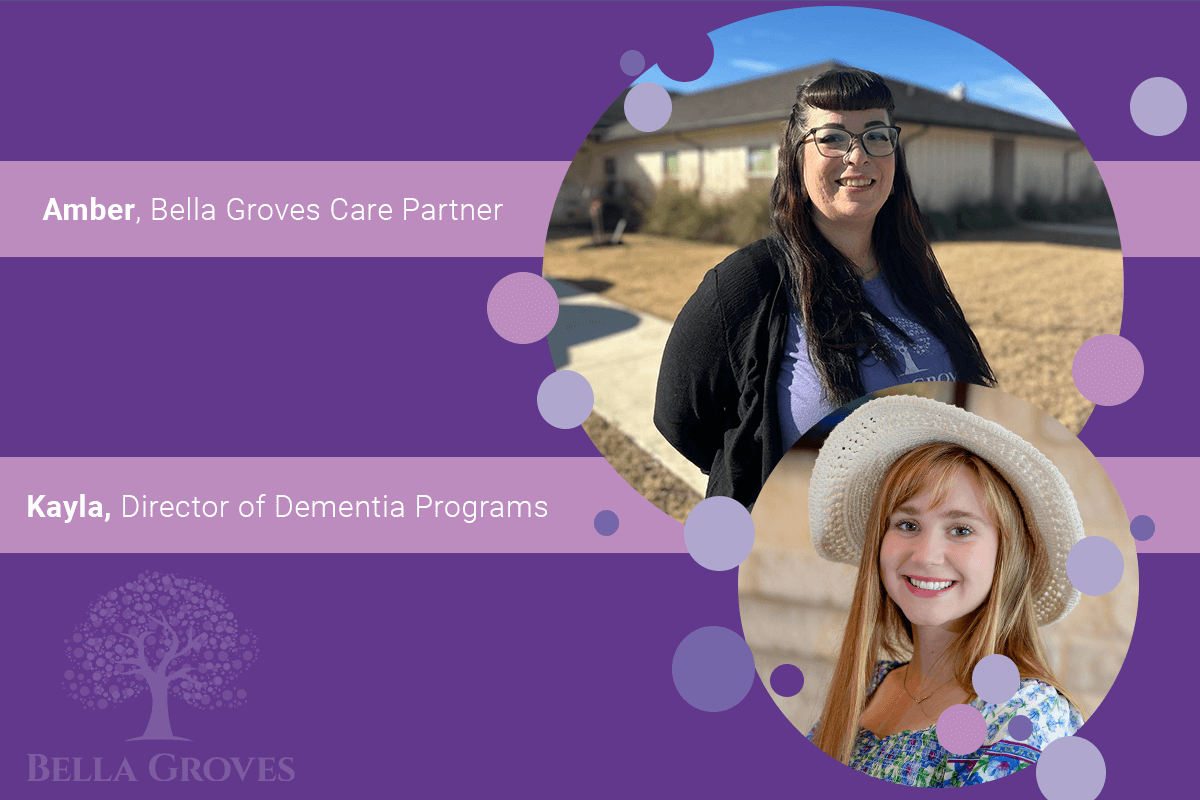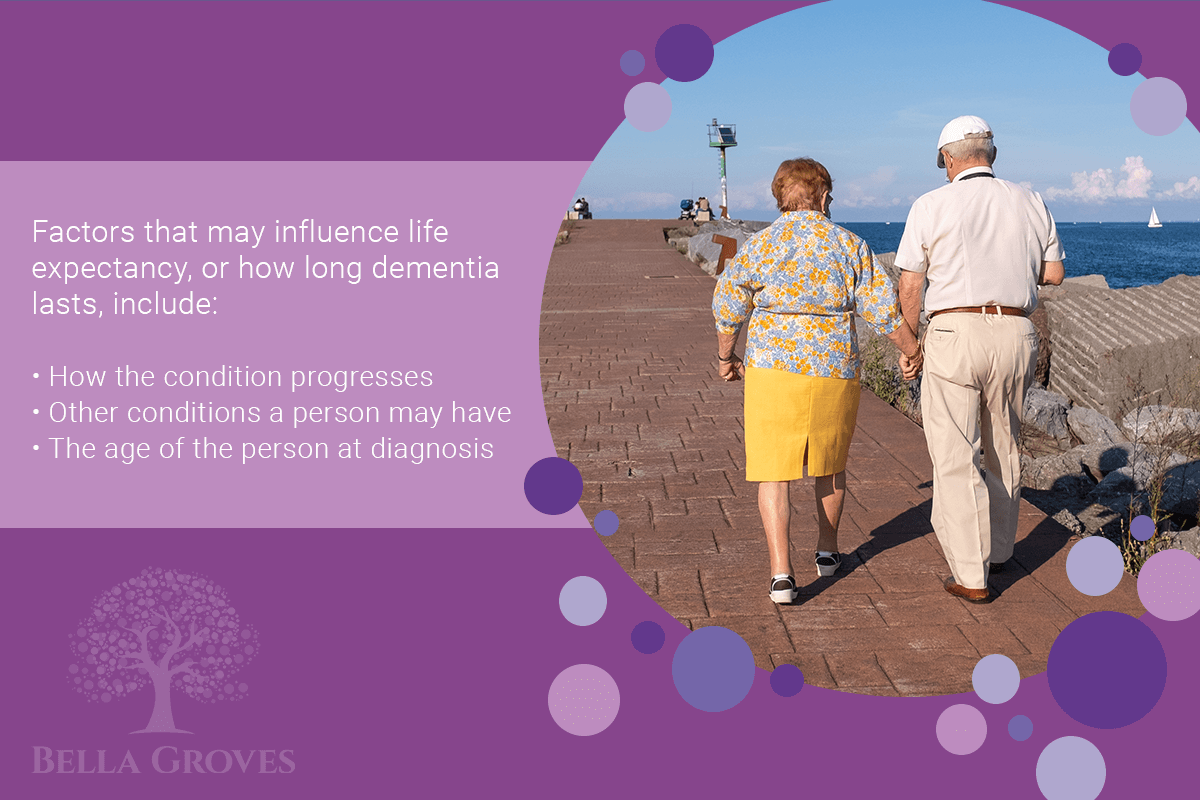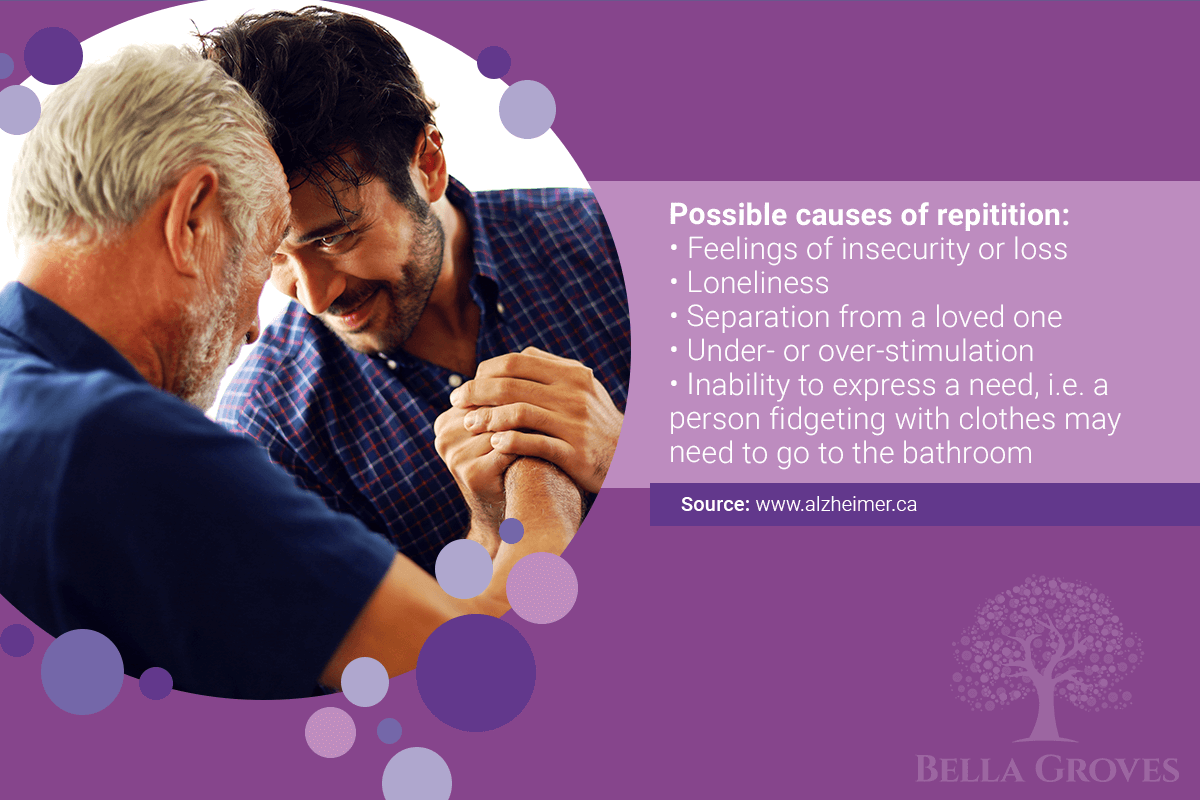
Putting Ourselves in Their Shoes
After completing her final project following our 13-week dementia training, Amber worked with me to put together a blog inspired by her experience as a care partner at Bella Groves. Amber has been a care partner with us at Bella Groves for over a year, and she has recently been promoted to a lead position after showing her competency in exhibiting our core behaviors at Bella Groves as well as being proficient in both demonstrating and teaching our Go With The Flow (GWTF) concepts. We are so proud of her!
The biggest point that Amber and I collectively wish to get across is that the starting point for all good dementia care is putting ourselves in the person living with dementia’s shoes. If we do not deeply empathize with the person within our care, we will continually miss their true need in every interaction we have with them. It is exceedingly easy to assume what someone living with dementia desires without knowing for sure if that is their true wish. We can do this in small ways throughout the day on behalf of the person living with dementia:
- “They (the person living with dementia) always take their coffee black.”
- “They only sleep with one pillow under their head at night.”
- “They always take their showers in the morning.”
Just as we have the freedom to change our routines, habits, and perspectives as autonomous adults, we have to give those living with dementia the same courtesy (to the extent that they are able). At Bella Groves, we teach our care team to always offer choices to the person living with dementia during their day. Humans are always evolving, and our tastes and preferences are allowed to change with us.
For instance, when a resident awakes in the morning, the care team is expected to give the resident at least two choices between articles of clothing: “Mr. Travis, would you rather wear this or this?”
When it’s time for coffee, we are not to assume what the resident would like. We train our team to ask the resident every time and therefore incorporate the human right of choice yet again: “Mr. Travis, would you like your coffee black or with cream and sugar?” Whether the answer is always the same is unimportant.
Throughout the day, adults make little choices of their own volition almost constantly, and all of these choices add up to a feeling of individual competency and purpose. Our residents are no different, whether they can vocalize that fact or not.
Involve over Instruct
One of the main skills Amber and I are referring to during this blog is a GWTF concept called “Involve over Instruct.” This skill is exactly how it sounds: involving residents in their lives and daily activities rather than doing everything for them. We are not merely providers of care but PARTNERS with the residents.
Amber and I can genuinely say that most people who become care partners want to do a good job, but due to lack of training, they are misguided on how to do so. That is why we want to give some insight we have gleaned through our dementia methodology as well as first-hand experience. We also believe that this perspective will enhance your own feelings of success surrounding being a good care partner and loved one.
There are many things that we can do throughout a day of caring for a person living with dementia that can slowly chip away at their dignity as a person and their trust in us as their care partner. These include, but are not limited to:
- Talking about them as if they are not there or cannot hear us. We have to ask ourselves, would we want to be treated this way if we were in their shoes? Whether someone is living with aphasia, is in the stage of the disease process where they are non-verbal, or even when they are actively passing, it is scientifically proven that hearing is the last sense to go. Amber and I can confidently say that we frequently see the results of what care partners say or don’t say in front of our residents. It is the deciding factor of whether people living with dementia feel “normal” or “stigmatized” on a daily basis. Of course, it is always easier to quickly “update” others on how the person living with dementia is doing right in front of them, but it is the kindest gesture to take someone to the side to talk in private when doing so. If the conversation would be appropriate to say in front of the person living with dementia, make sure to turn your body towards them and include them in the conversation. For some reason throughout the progression of dementia, there is this idea that it’s okay to talk about people rather than to people.
- Trying to convince the individual that they have dementia if they do not have the capacity to know or remember this.
- Assuming that the person living with dementia doesn’t pick up on little interactions throughout the day, even if they don’t articulate that to their care partners. After all, we who are living without dementia do not articulate everything we feel, but it doesn’t mean we don’t feel it and aren’t affected.
- Being pushy with things that they are not really interested in doing. As Amber reflects, “No one wants to be asked repeatedly about something that they already said no to multiple times.” As care partners, we must turn inward and acknowledge that maybe it’s our approach that is off rather than the person living with dementia’s response.
- Not seeing the significance in body language. If lunchtime comes around and you put a plate of food in front of the person living with dementia, it’s important to look at their body language and be able to determine their reaction. That’s when we, as care partners, know whether our approach needs to be tweaked. The person living with dementia may need smaller portions, a different style of food, or sauce for their burger, or they may be preoccupied with other needs.
- Not introducing oneself when completing a care task. When a care partner comes into a resident’s room, it’s important to come into their room quietly, introduce themself, approach calmly so that it is not startling, and state clearly what they are doing through every step. The person living with dementia deserves to know what to expect as a fellow human being. Imagine if a stranger came up to you and said, “It’s time to take your medications.” That would be terrifying, right? You would think they were trying to poison you!
Circling back to our initial point, it is vital to be able to put ourselves in the shoes of people living with dementia in order to be a partner with them in their care, quality of life, and dignity.
For more questions or further information on any of these topics, please reach out to us at Bella Groves, and we would be delighted to speak to you and provide resources!


